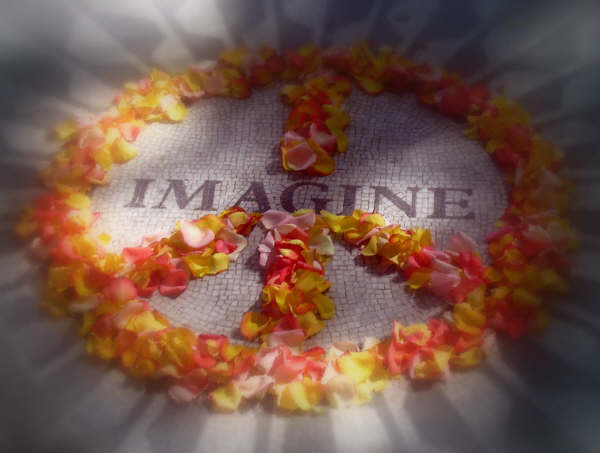Remember the old Y2K scare? We generally look back at that anxious time as an anticlimax, understanding that nothing much happened at the turn of the millennium. I remember how the Bahá’ís expected world peace to flower by the end of the 20th Century. Since then, many Bahá’ís have sought out alternative interpretations of their failed peace prophecy.
I say “failed,” but I know something that most Bahá’ís don’t. Truth be told, at the close of the year 2001, on the very last day that fell within the Y2K window, a young prophet discovered his calling. Evidence of this portentous moment can be found with the help of the tool known to nostalgic Web surfers as the WayBack Machine:
This page doesn’t provide any actual information on the youthful prophet, but information would soon be forthcoming:
The hour is approaching when the most great convulsion will have appeared. I swear by Him Who is the Truth! It shall cause separation to afflict everyone, even those who circle around Me….
—Baha’ullah (Mar 29, 2002)
